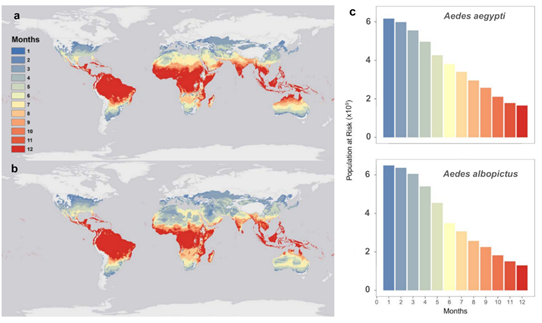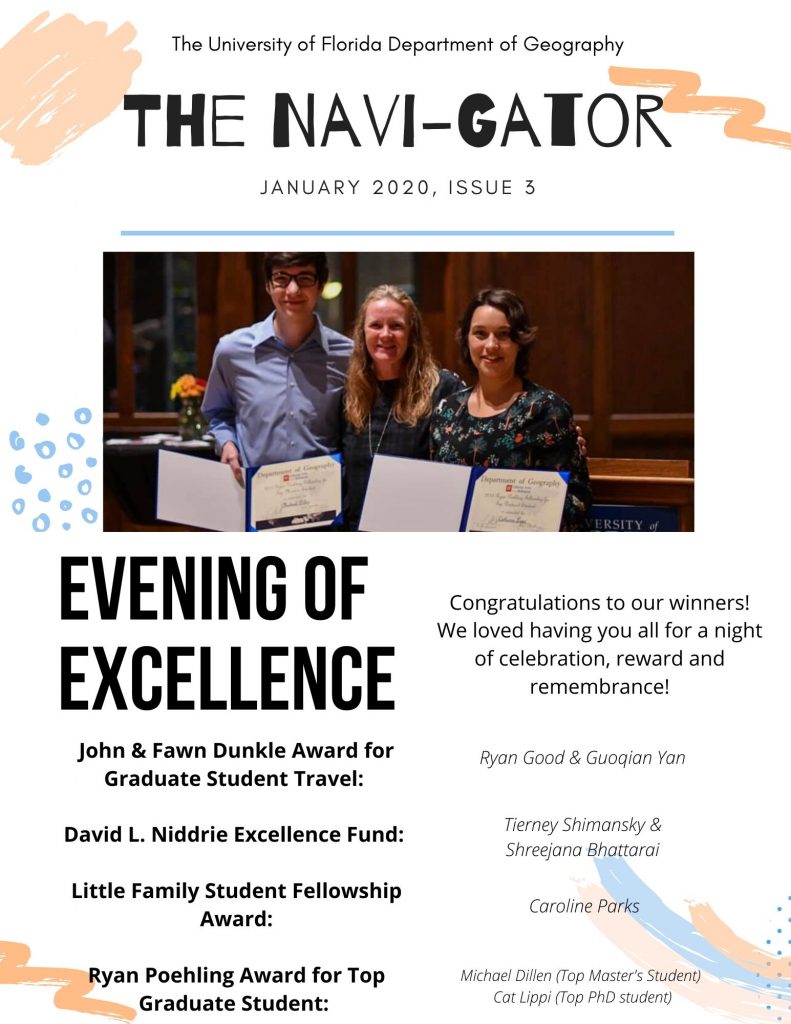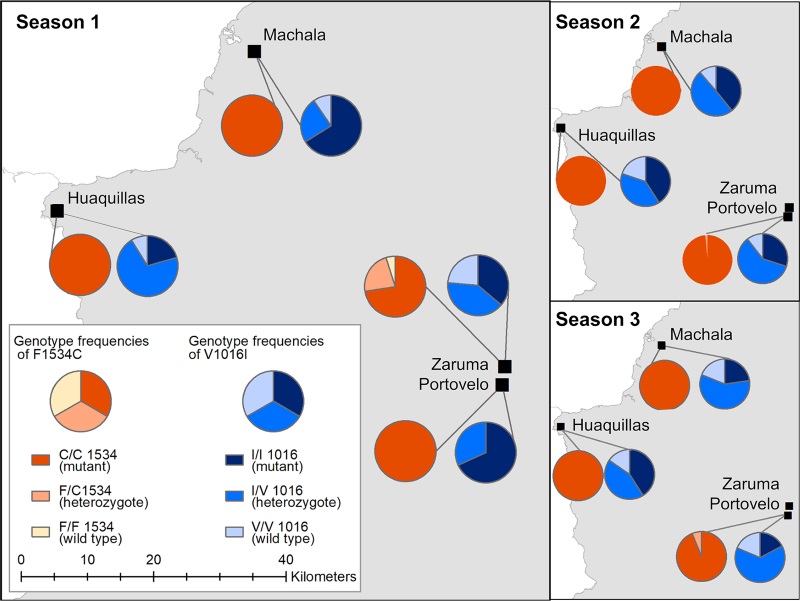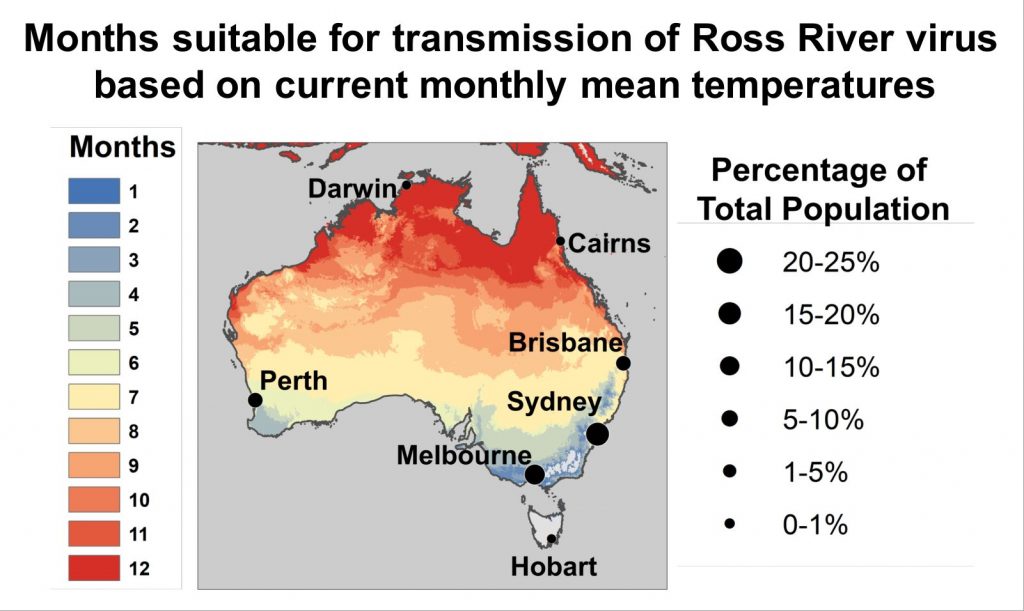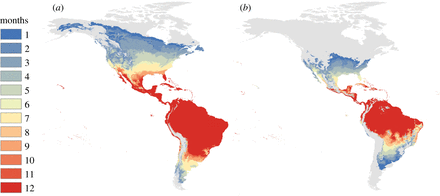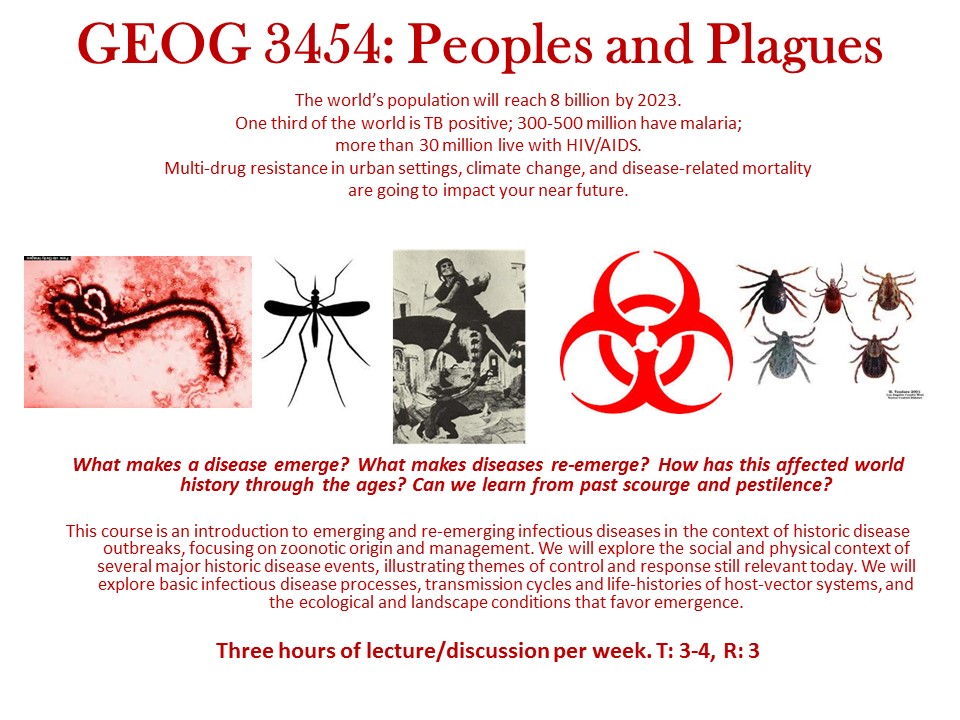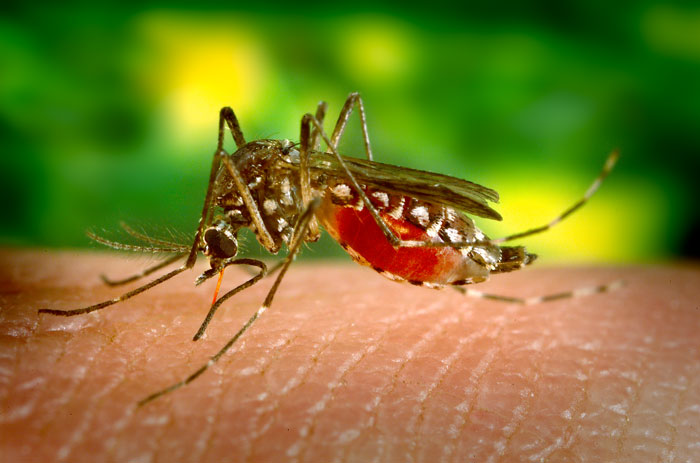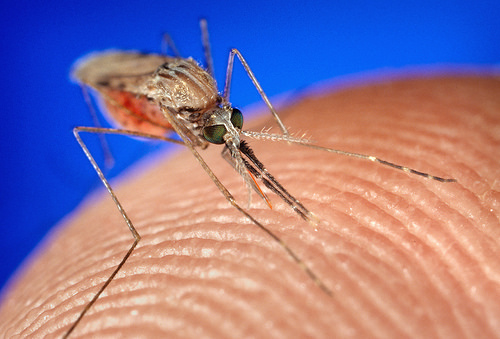Modelling the effects of climate and climate change on transmission of vector-borne disease
LIPPI – Modelling the effects of climate and climate change on transmission of vector-borne disease Marta S. Shocket, Jamie M. Caldwell, Paul J. Huxley, Catherine A. Lippi, Francis A. Windram, and Alexander C. Keyel Article first published online: 13 December 2023 DOI: https://doi.org/10.3920/9789004688650_012 ABSTRACT: Mathematical and statistical models are critical tools for both understanding how […]
